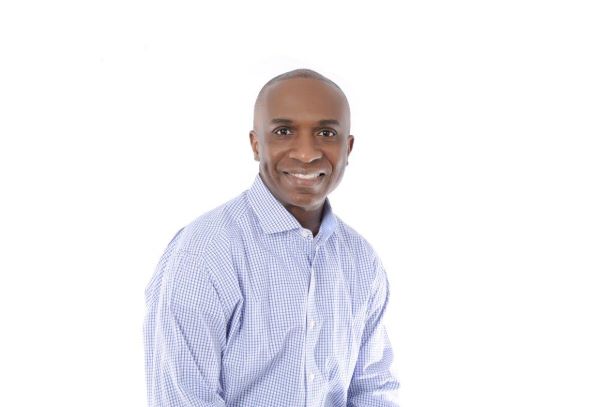
31 Aug 2020
For LGBTQ+ Elders, Social Isolation is more Prevalent
More Americans are getting older every day, according to the US Census Bureau. Among the aging population are people who are also LGBTQ+. Like many other seniors, they face issues of economic insecurity, social isolation, and health problems, and research suggests that social isolation can make seniors more vulnerable to elder abuse.Other health issues impacting elders, such as chronic lung disease, arthritis, impaired mobility, and depression, are associated with social isolation.
For LGBTQ+ elders, social isolation may be more prevalent because they have traditionally tried to minimize the risk of discovery. SAGE has many resources describing how LGBTQ+ elders are more likely than others to experience economic insecurity in old age. As they navigate these challenges, they are seeking options to find safe and affordable housing. Many LGBTQ+ elders choose to move to senior living communities that help them live better lives in congregate settings full of social activities.
More senior living organizations are focusing increased attention on the needs of LGBTQ+ elders. There are good reasons that this is happening. A report by the Williams Institute at UCLA indicates that the population of LGBTQ+ elders will double by 2030. As the LGBTQ+ population demographic grows, senior housing and care operators – whether continuing care retirement communities, assisted living, skilled nursing, memory care, or other options – will need to develop policies that state every resident must be treated with respect and dignity. But not only that, they must have the behavioral practices that support the policies.
That is why LGBTQ+ elders are also seeking options that demonstrate cultural competencies and encourage a deep sense of belonging. Indeed, they seek people, places, and institutions where they are welcome. They want the freedom to be open about who they are– to be their most authentic selves. And, rightly so.
As an LGBTQ+ leader who serves as part of the senior leadership team of Baltimore-based Erickson Living, I can say that programs like SAGECare are essential ways to teach our employees LGBTQ+ cultural competency. LGBTQ+ training is a part of overall diversity, inclusion, and belonging strategies to be responsive, respectful, and supportive of the health beliefs and practices of diverse groups.
I have found that by providing this kind of training to employees, we can interact more effectively with people of different cultures. It is an understanding that awareness of culture and terminology is essential to providing the best care to LGBTQ+ people.
Ian Brown is Vice-President for Organizational Development at Erickson Living, a Baltimore-based national developer, operator and manager of continuing care retirement communities.
